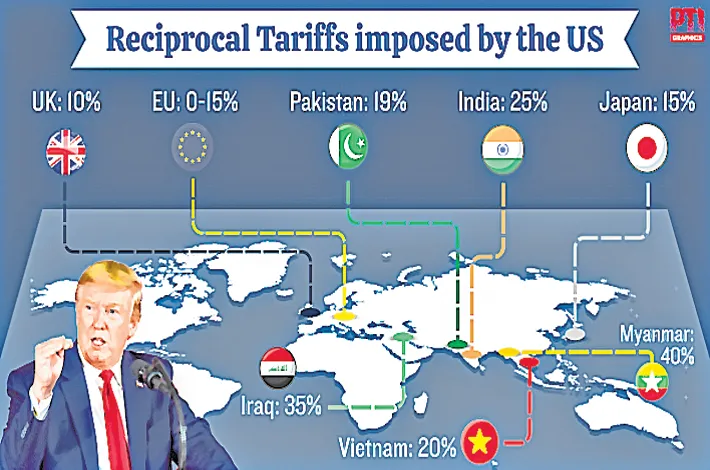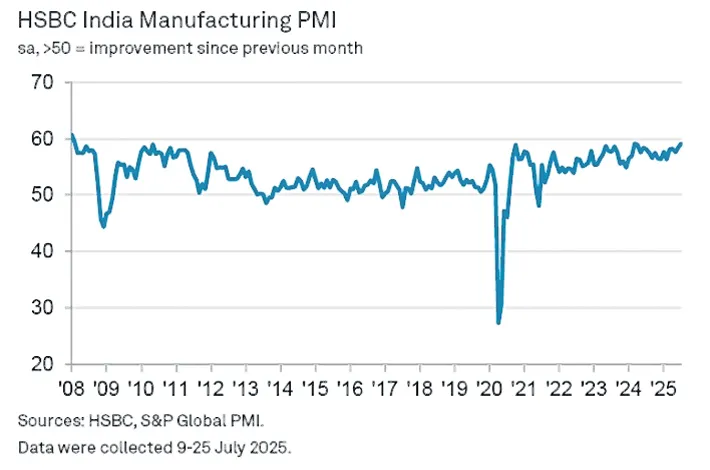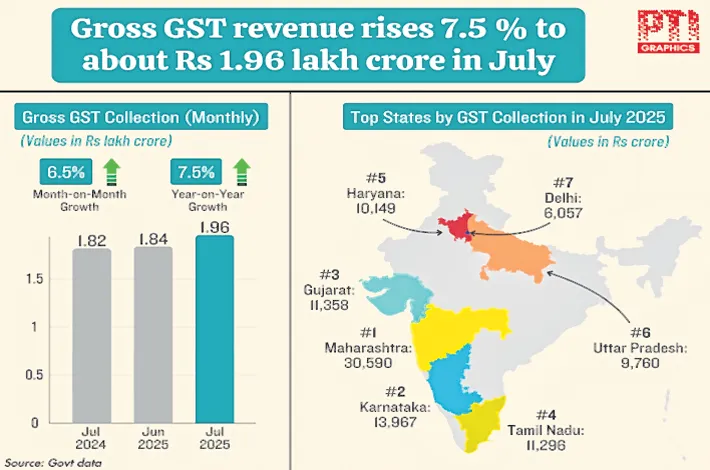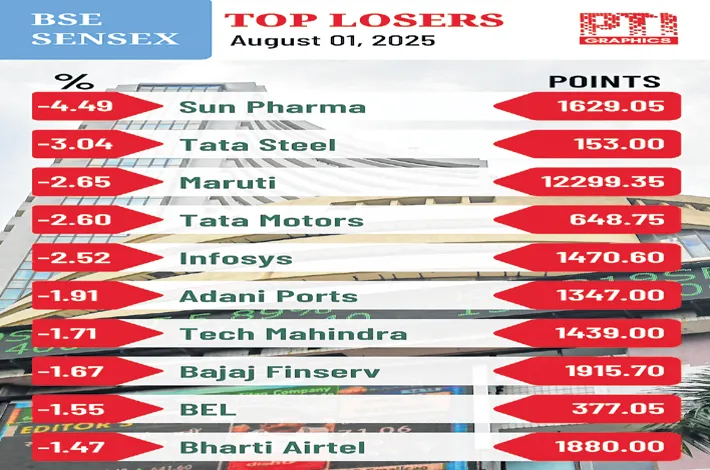‘Reclaim Journalism’s Soul’: CM Revanth
02-08-2025 12:00:00 AM
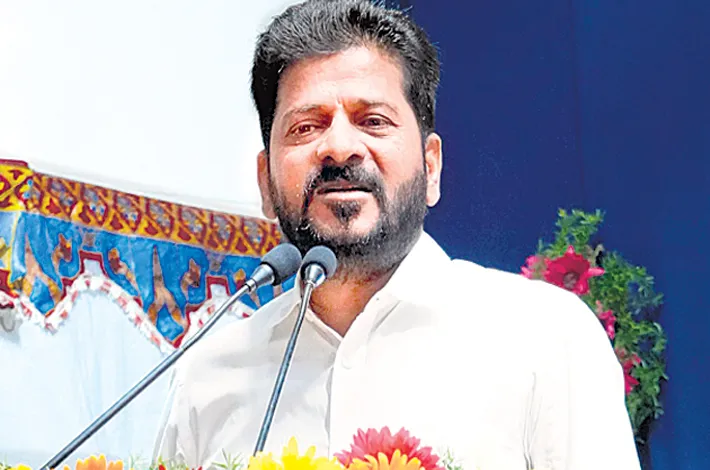
Once, political parties launched newspapers to spread their ideology, to ignite minds. Now, some exist only to shield ill-gotten wealth, to whitewash corruption, to prop up those in power A Revanth Reddy Chief Minister
Telangana Chief Minister A Revanth Reddy on Friday delivered a speech to a rapt audience at the 10th anniversary of Nava Telangana, a Telugu daily that has carved a niche as a steadfast voice for the people, where he took the opportunity to give vent to his feelings about the state of journalism today. His speech was no mere formality—it was a clarion call, a blend of nostalgia, critique, and an urgent plea to resurrect the soul of journalism in an era where truth is often drowned out by noise. With wit, candour, and a touch of righteous indignation, Revanth painted a vivid picture of a press in peril, urging those who wield the pen to reclaim their sacred duty.
He began by invoking the ghosts of India’s freedom struggle, where the press was not just a bystander but a warrior in its own right. “Think of Mahatma Gandhi’s Young India or Pandit Nehru’s National Herald,” he said, his voice carrying the weight of history. These were not mere newspapers; they were beacons that lit the path to independence, rallying a fragmented nation against colonial oppression. Closer to home, he recalled the communist-led publications during the Telangana Armed Peasants Struggle, fearless voices that thundered against social evils—child marriage, caste discrimination, the dehumanizing Jogini system. “Those were the days when the press was a sword, cutting through injustice,” he said, his eyes scanning the room as if searching for that lost fire.
But the Chief Minister’s tone shifted as he turned to the present, his words growing sharp, almost biting. “Today, the word ‘journalist’ has lost its sheen,” he declared, his voice tinged with both sorrow and scorn. “Once, political parties launched newspapers to spread their ideology, to ignite minds. Now, some exist only to shield ill-gotten wealth, to whitewash corruption, to prop up those in power.” The audience, a mix of veteran journalists, Left leaders, and Nava Telangana’s editorial team, leaned forward, some nodding grimly, others shifting uncomfortably. Revanth’s critique was unflinching: the press, once a pillar of democracy, was being hollowed out by opportunists masquerading as journalists.
He didn’t stop there. With a wry smile, he took aim at a newer breed of impostors—those who flood social media with half-truths and sensationalism, wielding microphones and hashtags like weapons. “These aren’t journalists,” he said, his voice rising. “They’re political operatives in disguise, drowning out the real reporters who toil for truth.” He urged the public to sharpen their discernment, to separate the wheat from the chaff, warning that the credibility of journalism—like that of politics—hangs by a thread. “Journalists must draw a Lakshman Rekha,” he insisted, invoking the mythical boundary from the Ramayana to underscore the need for integrity. “Cross it, and you risk losing everything.”
Revanth’s speech wasn’t all grim admonition; it was laced with moments of disarming candour that drew both laughter and reflection. Recounting his frustration with certain press conference attendees, he painted a vivid scene: “They sit in the front row, staring us down with such attitude, as if we owe them a salute. I feel like landing a few tight slaps, but my position holds me back!” The room erupted in chuckles, but the point landed hard: the press meet, once a forum for serious discourse, has become a stage for posturing, a far cry from its role as a crucible for accountability.
Yet, amidst the critique, there was admiration. Revanth reserved special praise for Nava Telangana, a publication that, in his view, has stayed true to its roots. He likened communists—the ideological force behind the paper—to salt in a dish: “Without it, there’s no flavour. Without the red flag, people’s struggles lack fire.” It was a nod to the paper’s legacy and a reminder of the historic alliance between communists and Congress in Telangana’s political journey. “When the red flag rises, solutions follow,” he said, pledging equal prominence for Nava Telangana in state government advertisements—a promise that drew appreciative murmurs from the crowd.
The Chief Minister’s words carried a deeper lament: the erosion of investigative journalism. He mourned the decline of press meets from issue-driven exchanges to politically charged spectacles. “We need journalists who dig, who question, who hold power to account,” he urged, his voice both a challenge and a plea. “Democracy thrives when the press is fearless, not when it’s a mouthpiece.” It was a call to arms for a profession teetering on the edge, a reminder that the pen, wielded rightly, can still shape destinies.
The event itself was a microcosm of Telangana’s vibrant political and intellectual landscape. Among the attendees were Information and Public Relations Minister Ponguleti Srinivas Reddy, Special Commissioner Ch Priyanka, and Left stalwarts like BV Raghavulu and Tammineni Veerabhadram, alongside senior journalists and Nava Telangana’s dedicated team. Their presence underscored the weight of Revanth’s words, a collective acknowledgment that journalism’s path forward demands both courage and clarity.
Revanth’s speech lingered in the air—a blend of nostalgia for a golden age, frustration with a tarnished present, and hope for a redeemed future. He had not just celebrated a newspaper’s milestone but issued a rallying cry: for journalists to reclaim their mantle as truth-tellers, for the public to demand better, and for democracy to find its voice again through a press unafraid to speak truth to power. In a world where the line between fact and fiction blurs daily, his words were a timely reminder that the pen, when wielded with integrity, remains mightier than the sword.





